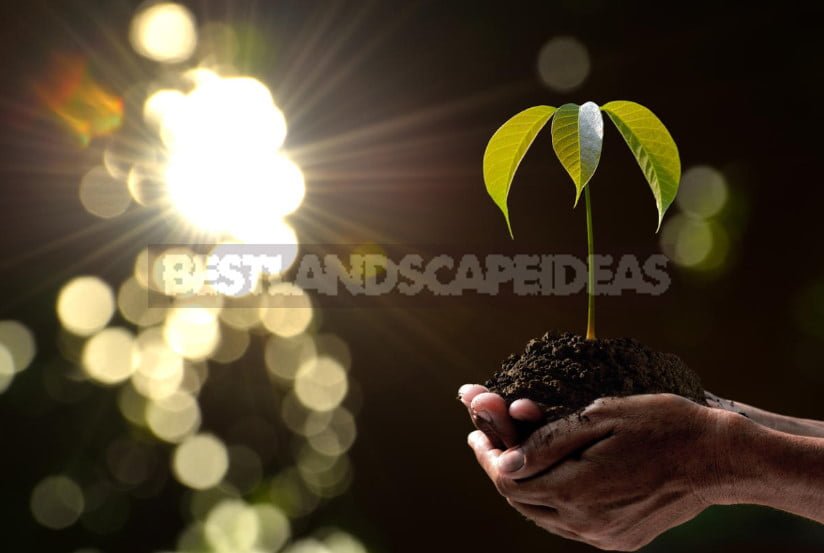The weather is becoming more and more unpredictable, and this summer has made many of us think that scientists do not seem to be in vain afraid of global climate change. But if you think that you can not change the situation — perhaps you are mistaken. In any case, Judy Barrett, who published an interesting article on the site statesman.com, believes otherwise. Her opinion.
Climate change, like any important issue, has not only a global dimension, but also a local one, and gardeners more than anyone else have the necessary knowledge and skills to influence it. They work outdoors, constantly watching nature. They see how some plants die and others bloom; they deal with showers, and with drought, and understanding how nature works, it is gardeners, first of all, are able to have a beneficial effect on the environment.
Why are gardeners worried about climate change?
1. Extreme conditions-droughts, floods, temperature fluctuations — make it difficult to predict. We are not able to predict what conditions for plants are expected in the next season. If earlier we were able to roughly name the timing of the last frost, now they can come much later-or much earlier. The climate changes we are seeing are making plant life difficult, not to mention their impact on crops.
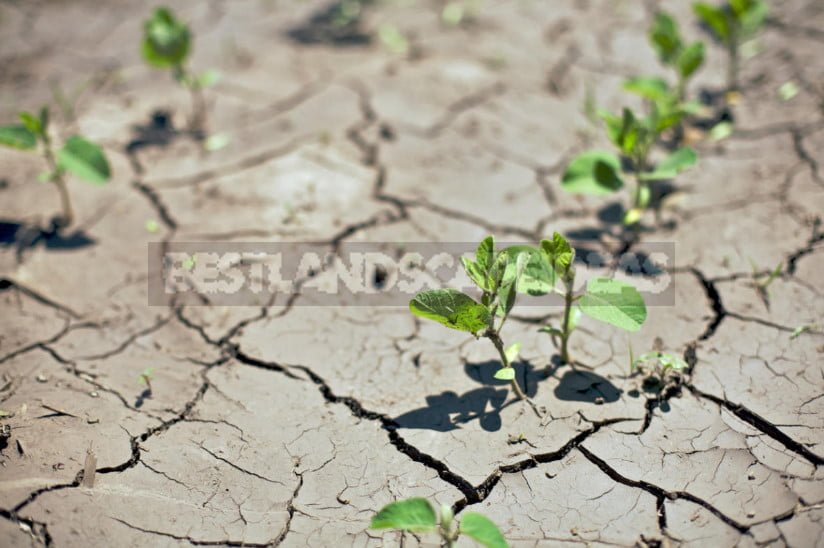
2. Changing the behavior of the plants — weeds become more aggressive, actively jostle traditional garden culture. There are new — previously not typical for the area-plants that displace aborigines. If you find more and more weeds in your garden, know that you are not alone.
3. Changes in weather and climate make it difficult to use varieties that you have carefully selected over the years. It is not easy to find plants that can tolerate abnormal heat or extreme cold, drought or flooding.
4. It is becoming increasingly difficult for insects, whose survival depends on plants. Gardeners need pollinators to make plants bear fruit, and insects need pollen to live. But climate change leads to the fact that changing the timing of flowering, and sometimes natural phenomena (hurricanes, floods, forest fires) destroy the habitual habitats of living beings and deprive them of food, dooming them to death.
How can an ordinary gardener resist global climate change?
There are many things that people can do to reduce the effects of climate change and global warming. And gardeners, as people interested and knowledgeable, should not stand idle.
1. Use your own energy instead of that obtained from the extracted minerals. Instead of using a gasoline lawnmower, and then go to the gym to train, pick up a regular braid. Use a rake and broom instead of a garden vacuum cleaner to clean up leaves and debris. Did you know that a lawn mower pollutes more than a dozen modern cars per hour?
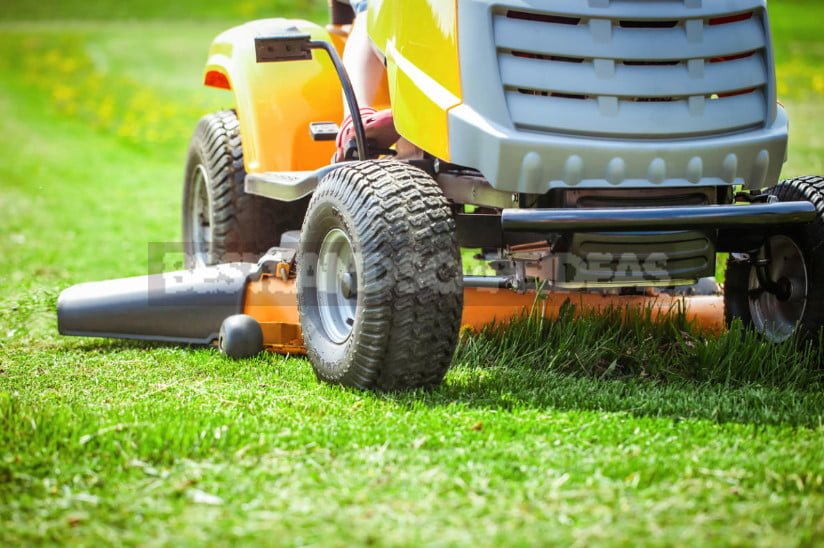
Replace outdoor electric lighting with solar-powered lamps, equipped with timers and other devices that save energy. And if you like the starry sky, do not forget: to admire the twinkling of the stars, you need darkness.
2. Fight the weeds. They displace cultivated plants, taking away their water and food. Do not leave empty spaces in the landscape — this is an invitation to the reproduction of weeds. Plant native species that can resist invaders and at the same time serve as a source of food for the pollinating insects living in your area.
3. Save water by mulching the beds. Water early in the morning or late at night so that the sun does not evaporate moisture before it gets to the plants. Use drip irrigation and other water-saving technologies. Collect rainwater to use in the garden.
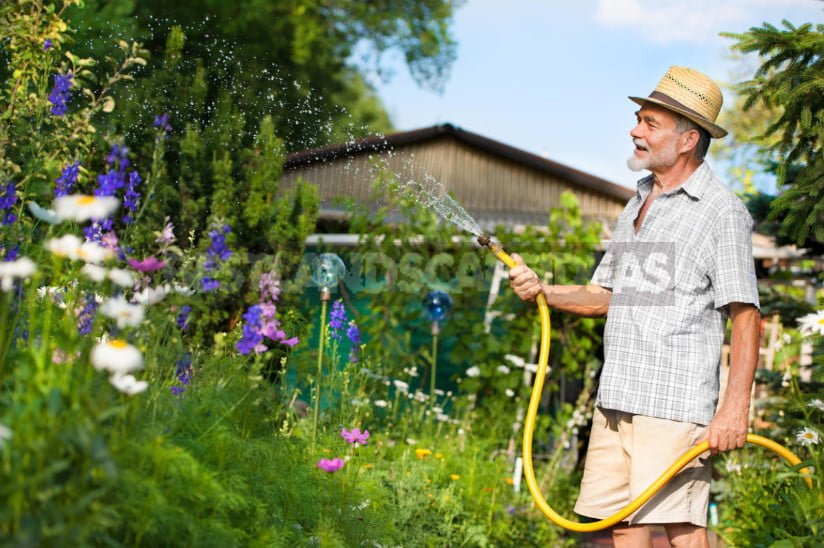
4. Composting solves many problems, allowing you to recycle waste and create fertilizer for your garden. Send in a compost heap all kitchen and garden waste.
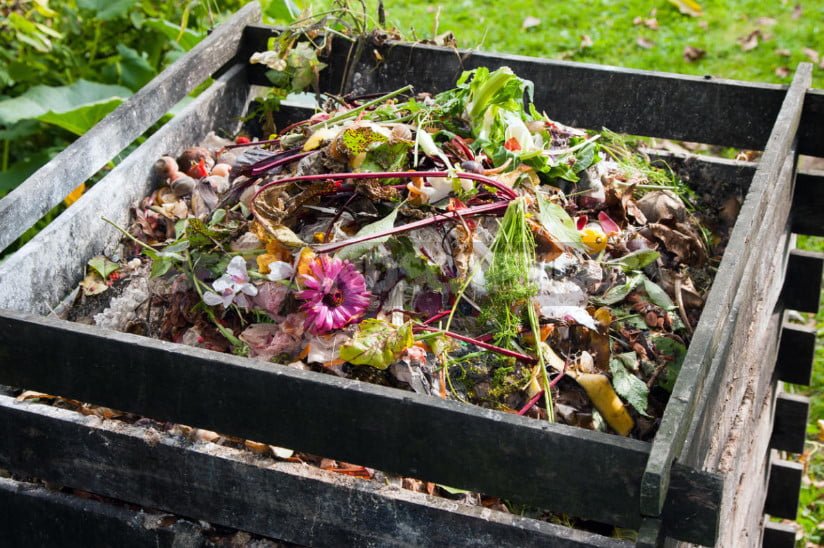
5. Trees and large shrubs absorb carbon dioxide. While we struggle with copious emissions of carbon dioxide, they readily absorb it, turning it into oxygen. And the trees help to save on air conditioning-they give shade and protect from the heat in the summer.
Plant plants specific to your area that will feel good in your climate. And do not forget that the shadow is good for you, but if you break the garden, the vegetables need the sun.
6. Turn on your imagination, look at the situation wider. Gardeners are already doing much of what helps to somehow solve the problem of environmental pollution:
- growing your own vegetables instead of buying those that are brought for hundreds of kilometers, reduces emissions of exhaust gases into the atmosphere;
- the return of organic matter to the soil (composting) leads to the fact that the excess carbon is not released (which contributes to the greenhouse effect), and is used;
- the rejection of chemical fertilizers in favor of compost and organic reduces the use of chemical production and transport;
- giving up pesticides makes your garden safer, healthier and more productive.
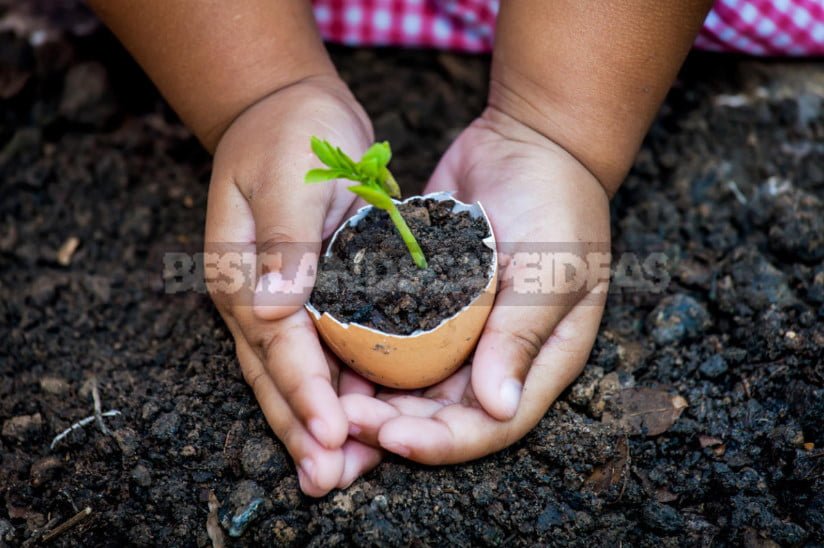
You can have a positive impact on the climate! Think of it as a puzzle, a task — because gardeners like to solve problems. Think about how you can make your corner of nature cleaner and more balanced.
And what is your opinion on this? Do you agree that gardeners and gardeners are really able to contribute to improving the environment on the planet and stop global climate change? Are you ready to take part in this personally?
